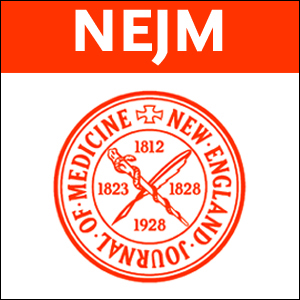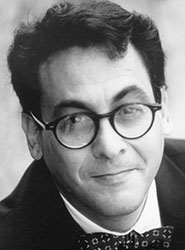 In a perspective published in the August 29 issue of the New England Journal of Medicine, Dr. Howard Markel outlines the events leading up to the enactment of the Bayh-Dole Act and states that "a review of [the Act's] origins and consequences supports the idea that policies governing the fast-changing worlds of medicine and biotechnology merit frequent reappraisal and reform." In the article, entitled "Patents, Profits, and the American People -- The Bayh–Dole Act of 1980," Dr. Markel, the George E. Wantz Distinguished Professor of the History of Medicine, and Director for the Center for the History of Medicine at the University of Michigan, notes that "Bayh–Dole's inspiration was not a perceived need to transform the conduct of research but the economic doldrums of the 1970s." Following a helpful summary of the history of the Act, Dr. Markel explains that "[w]hen the Bayh–Dole Act was written, its aim was primarily to stimulate economic growth by more efficiently mining the untapped scientific riches of hospitals, laboratories, and universities." He argues, however, that "[m]uch has changed since then."
In a perspective published in the August 29 issue of the New England Journal of Medicine, Dr. Howard Markel outlines the events leading up to the enactment of the Bayh-Dole Act and states that "a review of [the Act's] origins and consequences supports the idea that policies governing the fast-changing worlds of medicine and biotechnology merit frequent reappraisal and reform." In the article, entitled "Patents, Profits, and the American People -- The Bayh–Dole Act of 1980," Dr. Markel, the George E. Wantz Distinguished Professor of the History of Medicine, and Director for the Center for the History of Medicine at the University of Michigan, notes that "Bayh–Dole's inspiration was not a perceived need to transform the conduct of research but the economic doldrums of the 1970s." Following a helpful summary of the history of the Act, Dr. Markel explains that "[w]hen the Bayh–Dole Act was written, its aim was primarily to stimulate economic growth by more efficiently mining the untapped scientific riches of hospitals, laboratories, and universities." He argues, however, that "[m]uch has changed since then."
While Dr. Markel provides no proposed changes to the Act, he contends that "some of the most vexing quandaries weren't fully addressed in the original legislation." As for examples of such "quandaries," he suggests that revised legislation should address several questions:
Who should benefit from discoveries pertaining to nature or the human body? . . . [W]hat conflicts of interest must be identified and contained in order to protect patients? How can scientific discovery proceed if all innovations and research tools are patented and the discoverers control access to them?
 Dr. Markel (at left) concludes his article by declaring that "[i]t's time for Congress to recalibrate Bayh–Dole," adding that "[p]rofits and patents can be powerful incentives for scientists, businesspeople, and universities, but new and ongoing risks -- including high prices that limit access to lifesaving technologies, reduced sharing of scientific data, marked shifts of focus from basic to applied research, and conflicts of interests for doctors and academic medical centers -- should be mitigated or averted through revisions of the law."
Dr. Markel (at left) concludes his article by declaring that "[i]t's time for Congress to recalibrate Bayh–Dole," adding that "[p]rofits and patents can be powerful incentives for scientists, businesspeople, and universities, but new and ongoing risks -- including high prices that limit access to lifesaving technologies, reduced sharing of scientific data, marked shifts of focus from basic to applied research, and conflicts of interests for doctors and academic medical centers -- should be mitigated or averted through revisions of the law."